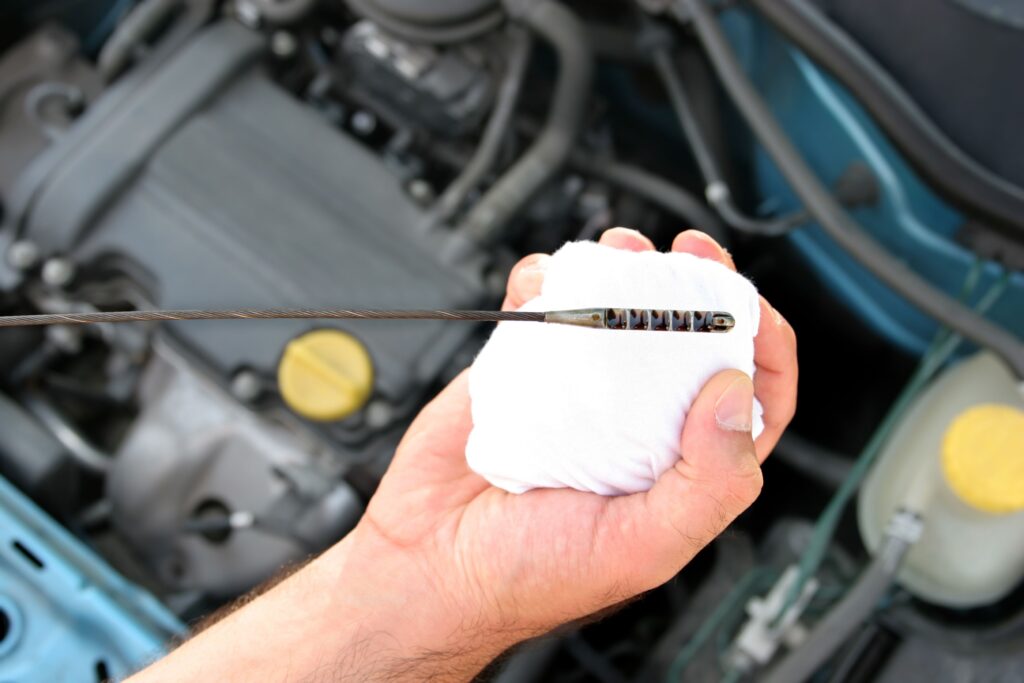A lot goes into keeping your car running in optimal condition. One of the most important parts of car maintenance is oil change. To keep your car running smoothly and increase its engine’s lifespan, changing oil timely is critical. For this purpose, you can bring your car to an auto shop nearby or hire mobile oil change services for more convenience.
While the first option is a bit hectic as you have to manage your timetable and wait for your turn in a potentially uncomfortable setting. The second one, a mobile oil change, is an ideal choice for people who prefer getting their car’s oil changed from the convenience of their homes.
Nomad, one of the most trusted car maintenance service dealers in northern New Jersey, offers the best mobile change service for seniors and people with limited mobility. Since oil change is a pressing concern for most car owners, here are some frequently asked questions about oil changes.
6 Frequently Asked Questions and Answers about Oil Change
1. Why Do You Need an Oil Change?
A quick and simple answer is that your car’s engine needs lubrication to run smoothly, and oil provides that lubrication.
The longer answer tells us that there are many moving parts inside your car’s engine that heat up while it is running. The oil in the engine ensures that it doesn’t overheat and keeps functioning within the safe temperature limit. It also reduces friction among the moving parts and absorbs by-products from combustion. Moreover, having enough oil in your car ensures that the engine doesn’t overdo itself.
2. What Happens if My Car Doesn’t Have Enough Oil or Dirty Oil?
If the oil in your car gets below the threshold level or is too dirty, it can’t perform the functions it is expected to. This leads to frequent overheating of the engine, more gas consumption, and black smoke from exhaust pipes. Running your car for a long time on low or dirty oil can force you to go for costly repairs or a new car.
3. How Often Should I Get My Car’s Oil Changed?
It depends on various things, such as your car, the oil you are using, and operating conditions. The best way to find the right time for an oil change is to consult the owner’s manual. It mentions which oil to use and how often to replace it. If you don’t have it, look it up online.
In case you can’t do both, call oil change specialists near you. They’ll ask for a few details or the vehicle identification number (VIN) and tell you how often you should go for an oil change. Synthetic oil usually lasts around 7500 to 15000 miles, while conventional ones are good enough for 5000 miles approximately.
4. How Frequently Should I Check the Oil Level in My Car?
Most mechanics and car enthusiasts recommend checking the oil level in your car every month or more frequently if you suspect a dropping oil level. If you see oil stains on your car’s engine or in your garage, visit a mechanic immediately or schedule a home oil change service as soon as possible.
To check the oil level in your car, find the dipstick. Make sure that your car’s engine is cool and avoid touching any hot spots under the hood. Remove the dipstick; clean it with a cloth while ensuring that you don’t touch it. Reinsert it and take it out again. Now see where the oil stain is. Oil levels on the dipstick are indicated via pinholes or marks. If the oil stain is located between the two marks, your car has enough oil. If it is below the bottom mark, your car needs an oil change.
5. Which Oil Should I Use for My Car?
For most cars, synthetic oil is recommended. It is a safer choice for all operating conditions considering its wide range of viscosities and other benefits it brings for your car. Synthetic oils have a uniform composition and are free from impurities that conventional oils contain. Moreover, they also last longer and offer far superior protection. There is no denying the fact that they are costlier than conventional oils, but their benefits make them a cost-efficient choice.
On the contrary, conventional oils are still used in cars manufactured before the 2000s. Their engines are designed to handle conventional oils only, and using synthetic options can lead to leakages.
Apart from the type of oil, you must also use the one with the right viscosity. Most people, especially seniors, don’t know which the best oil for their car is. This is why we offer reliable and affordable mobile oil change service for seniors. If you are in the northern parts of New Jersey, simply search for the best mobile oil change near me, and a list of the top service providers will come up.
6. What Happens During Your Car’s Oil Change?
If you go for a traditional oil change at on auto shop, the technician will confirm the oil brand and viscosity you need to have. They will then perform the oil change and also replace the oil filter.
On the other hand, if you opt for a mobile oil change, a team of technicians in a fully equipped van will visit you at a time and place of your choosing. They’ll prepare your car and remove the old oil, replace the filter, and add the new oil. If you select Nomad, you can also avail of our other car care services like tire rotations, air filters, wiper blade replacements, and brake and suspension work.
Wrap Up: Don’t Ignore Your Car’s Oil Change Needs
Oil is critical for your car’s engine health. Delaying oil change can be detrimental and lead to costly repairs. We know you don’t want this to happen to their car. Call Nomad and get your car’s oil changed from the comfort of your home at affordable rates.




